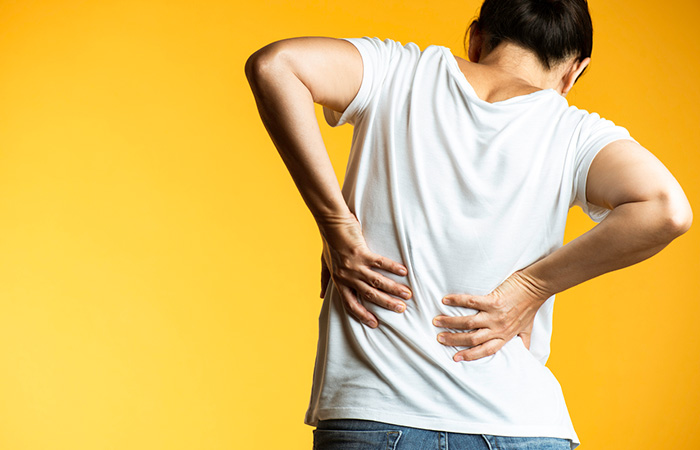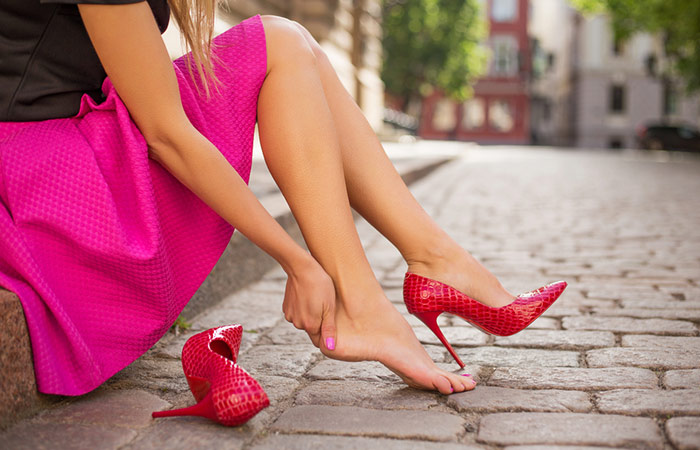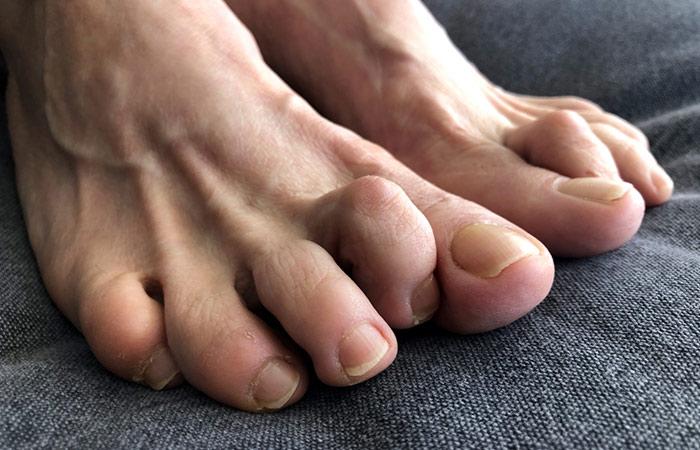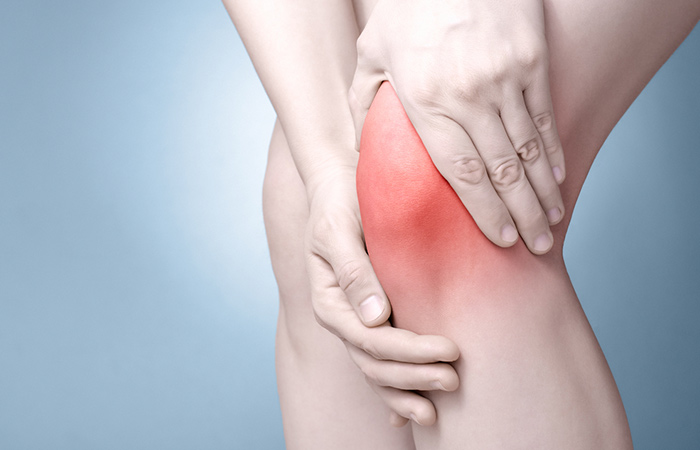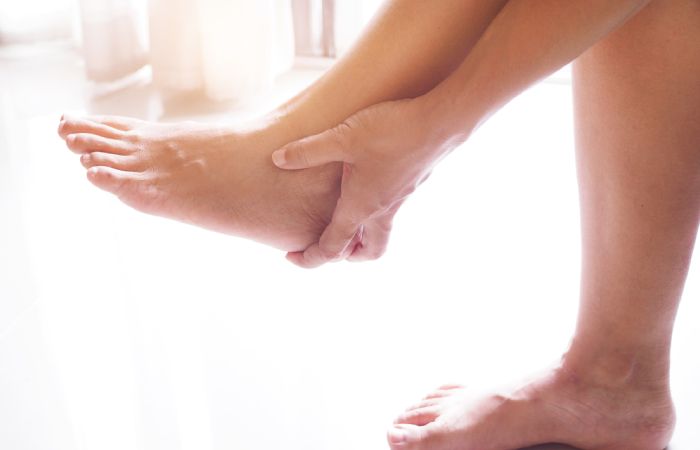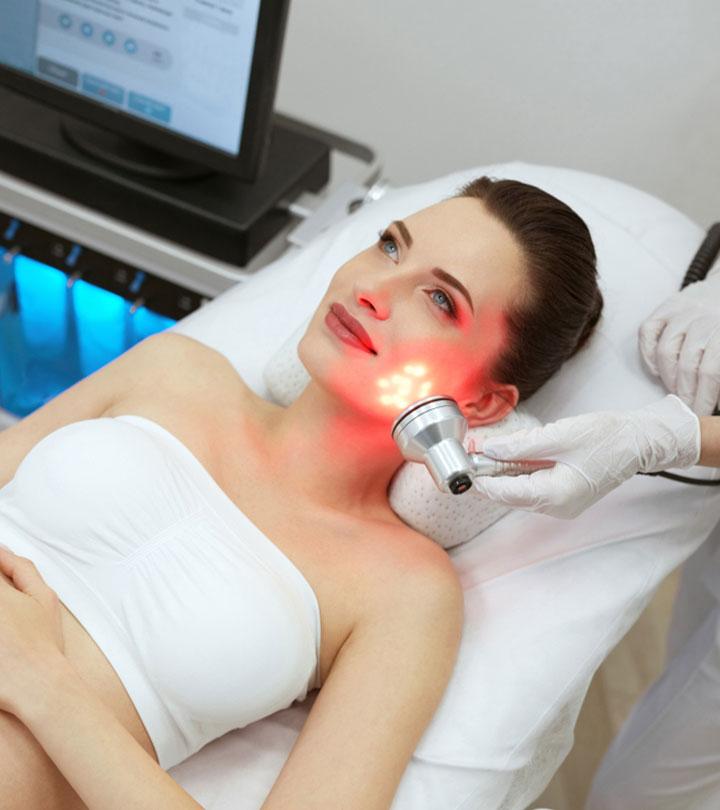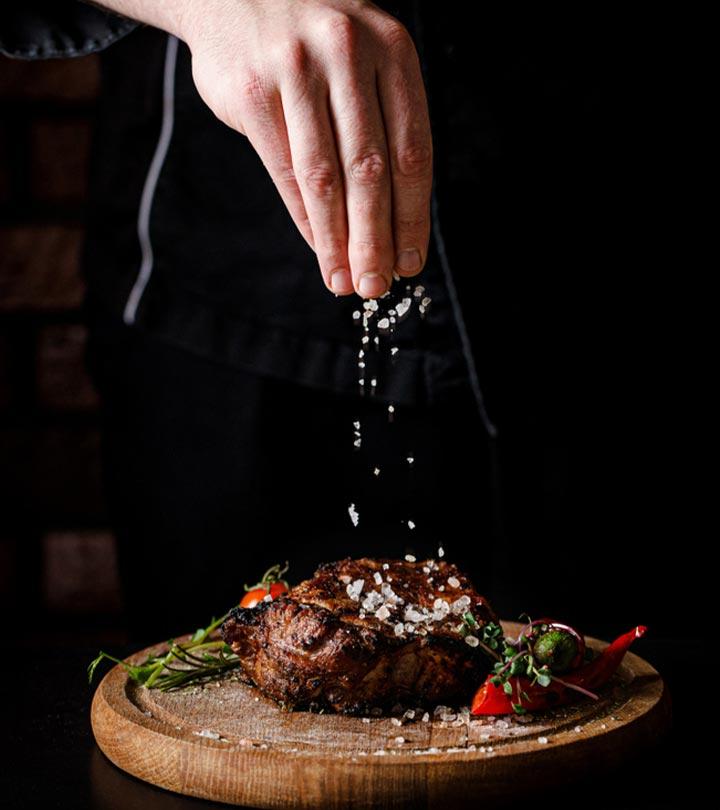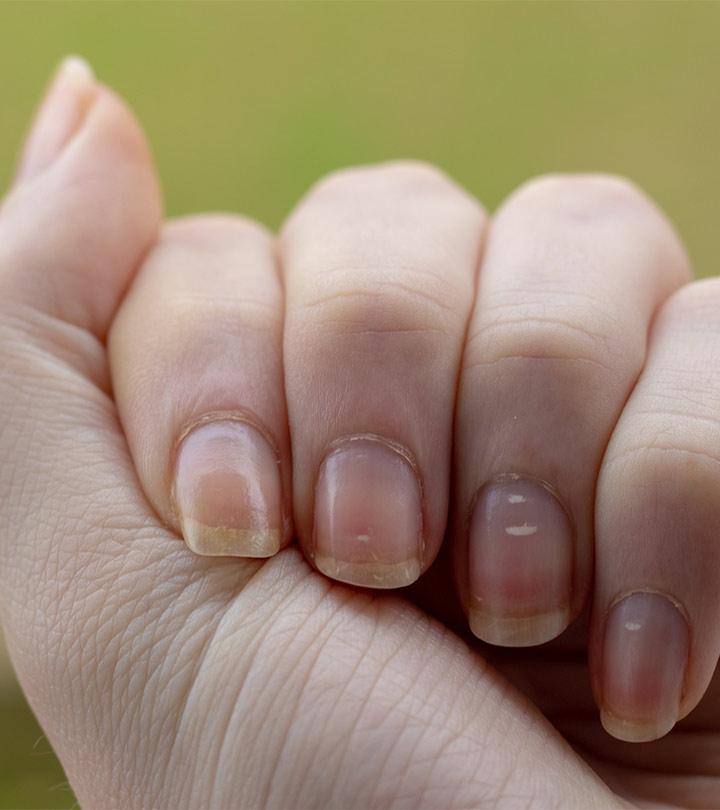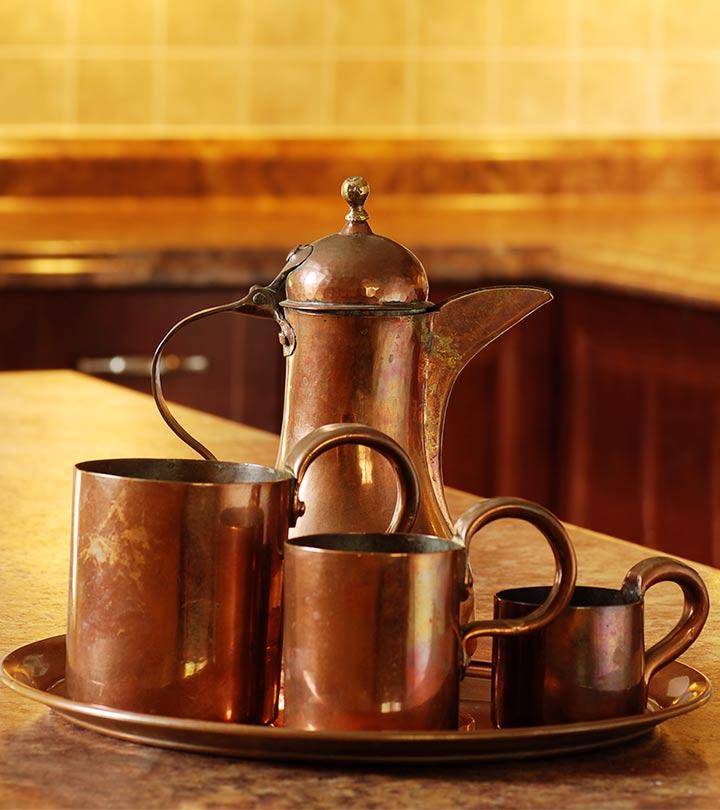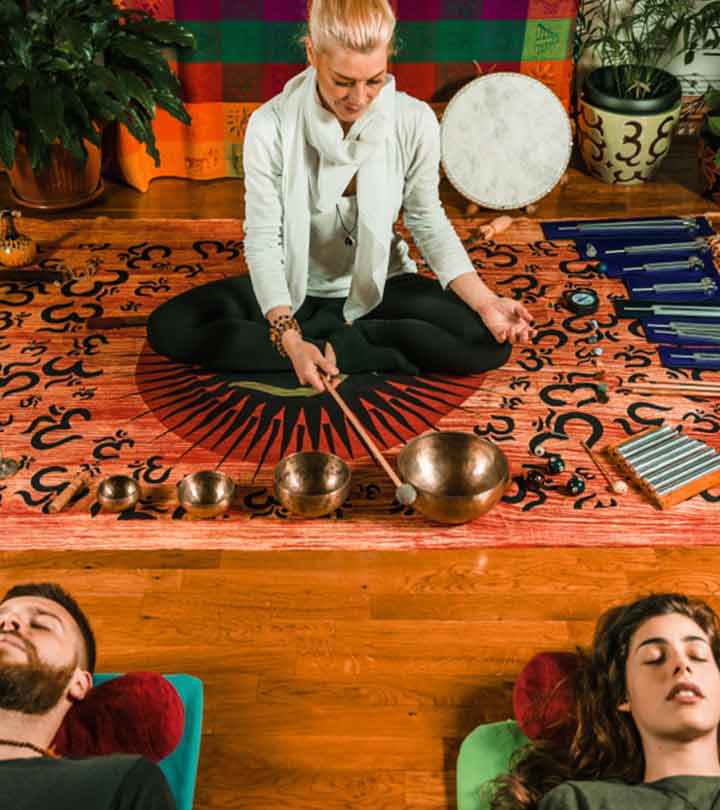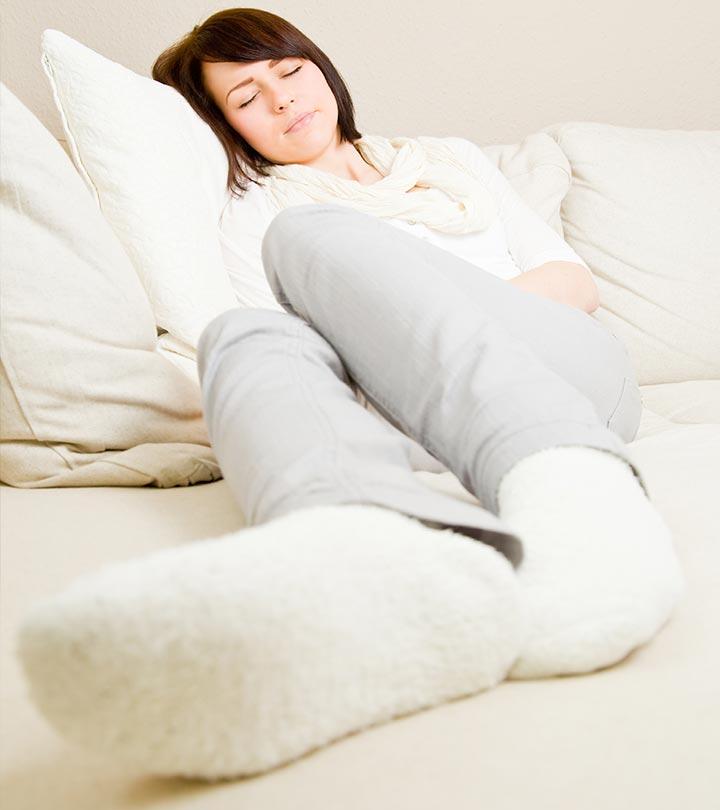12 Side Effects Of Wearing High Heels
Because the higher the heels, probably the more the health risks.
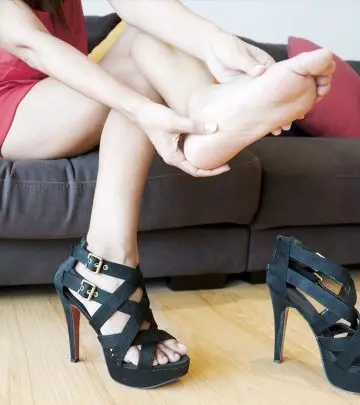
Image: ShutterStock
High heels are a common fashion accessory for many women. We often feel that a perfect party look is incomplete without heels. But do you know that there are many side effects of wearing high heels? Yes, these stylish accessories may negatively impact your feet health and lead to bunions, blisters, corns, and calluses if you wear them regularly.
Mrs, Roberson, a teacher by profession, details her experience with high heels in her blog post. She chose to wear heels to avoid being at waist level with boys during her high school. Even though she went without heels during college, she switched back to heels as she became a teacher to maintain an authoritative height. Day-long standing set in repercussions, and she had to deal with pain in the ankle, back, and hips. She added, ” And my body’s mad at me now, evidenced by the ache in the ankles and the tightness between my shoulder blades. I actually noticed it most on a day off, when I realized how much of a relief it was to slip into athletic shoes and take the dog for a walk (i). ”
Continue reading to understand the health risks of high heels and why you should reduce their use.
In This Article
12 Side Effects Of Wearing High Heels
1. Lower Back Pain
High heels are the ultimate fashion statement for women. They are usually chic and sexy and can up your style quotient. But comfort and stilettos do not go well together. The high heels do not give complete support to your feet. It causes an unequal distribution of weight that may trigger soreness and pain in the lower back (1). “When you wear high heels, it brings your center of gravity forward. In order to stay balanced, you have to arch your lower back. This, in turn, can compress the joints in your lower back as well as make your back extensor muscles stiff,” states Dr. Dave Candy, a board-certified orthopedic manual physical therapist.
2. Sore Calves
Sore calf muscles are another side effect of those pointed heels. It can also lead to protruding veins, which not only look appalling but are extremely painful too. If you want to flaunt your toned legs steer clear of high heels (2).
3. Foot Pain
High heels or stilettos have a certain shape and design that looks fashionable. After a long day on your feet in that uncomfortable footwear, you are most likely to suffer from circulation problems, metatarsalgia, and foot ache. You can experience a sharp pain in your toes, sole, arch or heel (3).
 Quick Tip
Quick Tip4. Ankle Sprains
A pair of designer heels can add glamour and ointments to your wardrobe. You can wear high heels only if you are walking on even surfaces. Potholes, bumps and cobblestones can be potential party-poopers waiting for you to slip and sprain your ankle. Apart from the ankle sprain, a fall like this can also lead to broken ankles, bruised elbows and knees. If you land awkwardly, you might even suffer a concussion. Refrain from using your stilettos on a daily basis to avoid discomfort. If you must give in to your footwear fetish, do so only on special occasions (4).
5. Awkward Spinal Curve
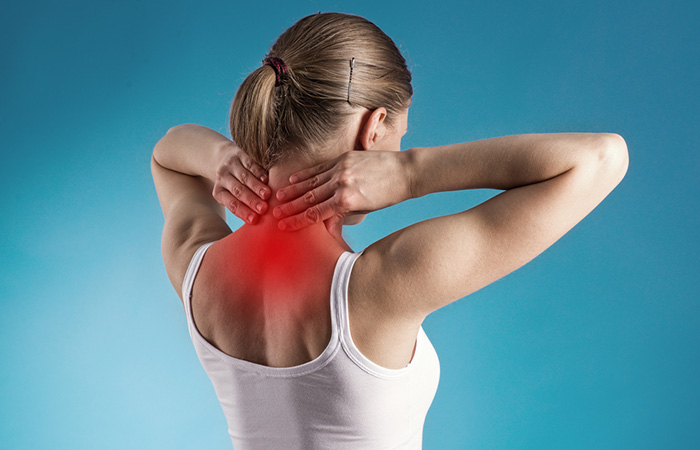
Most fashionistas wear stilettos to flaunt their hour glass figure. High heels make the lower back arch out more than usual. In fact, the height of the heel is directly proportional to the degree of arch in your back. The awkward arch can cause nasty pains in the upper and lower back regions (5).
6. Constricts Blood Vessels
High heel shoes usually make the feet appear longer and thinner. The shoe shape squeezes the foot into a position that certainly isn’t natural and is anything but comfortable. The stress on your foot can result in a constricted blood flow. In extreme cases, it may cause the blood vessels to break and increase the risk of varicose veins (6).
7. Crooked Feet
Hammer toe is one of the most dangerous side effects of high heels on feet. The unnatural position of the foot, the strain on the calves, blood vessels and back result in a deformity of the foot, called hammer toe (7).
8. Weakens Ligaments
High heels weaken your ligaments. You should skip the glamorous footwear in order to protect your feet from any injury.
9. Knee Pain
The awkward curvature of the leg while wearing high heels puts too much pressure on the knee joint. It often leads to cases of osteoarthritis in people.
10. Hyperextension In Toes
Another adverse effect of wearing heels all the time is that it fixes your toe in permanent hyperextension.
11. Bone Spurs
Wearing high heels can create a lot of pressure on the heel due to which more pressure is exerted on the ligaments along the ball of the foot. This causes bone spurs to occur. Constant pressure and tension applied to these points cause discomfort, pain, and inflammation.
12. Ingrown Toenails
Ingrown toenails are a common foot condition that may develop due to wearing high heels too frequently. When undue pressure is applied on the toes, it causes the nails to grow abnormally; it can grow on the side or corner of the nail rather than on the bed of the nail. Ingrown toes can cause redness, pain, irritation, and potential infections.
 Quick Tip
Quick TipInfographic: 5 Adverse Health Effects Of High Heels
High heels are fashionable, but wearing them frequently or for prolonged periods may adversely affect your health and cause problems like shortened Achilles tendon, reduced balance, plantar fasciitis, reduced mobility,, nerve damage, and poor posture. Check out the infographic below to know the five most common side effects of high heels to prevent further foot damage.

Illustration: StyleCraze Design Team
Wearing high heel shoes all day puts additional tension and pressure on different sections of your body. This added stress can hurt your knees, hips, lower back, and other body parts. You now understand how a fashionable accessory can harm your health. We hope that learning about the side effects of wearing high heels will make you reconsider wearing them every day. Comfort, rather than elegance, may give your strut that extra confidence and swing, no matter the occasion. Always remember to put your health first.
Frequently Asked Questions
What happens if you wear high heels every day?
While you might gain self-esteem and accentuate your legs by wearing heels daily, you might also put yourself at risk of sprains and leg pain.
Do high heels affect hips?
Yes. High heels might lead to pain in the lower back, knee, and hips. They lower your center of gravity and lead to an unnatural curvature of your spine (8).
How long is it safe to wear high heels?
Wearing heels can harm your feet and overall bone structure in a lot of ways. It is recommended to wear high heels for not more than 4 hours at a stretch.
Is it OK for a 13-year-old to wear heels?
13 is a young age and children are still growing at that time. It would not be advisable for a 13-year-old to wear high heels except very occasionally.
Do high heels affect your kidneys?
Wearing heels can cause various forms of foot and leg pain but there is no scientific evidence that it affects the kidneys.
How high is too high when it comes to heels?
If you have to wear heels regularly, anything more than 2-3 inches is too high.
Key Takeaways
- Wearing high heels might alter your gait and cause knee and ankle pain.
- Regularly wearing high heels might harm your nerves and disrupt your blood flow.
- High heels increase the risk of falls and injuries by altering posture and balance.
- High heels can also hurt your hips and lower back because they put more pressure on your pelvis and lower back.
- Wearing high heels can potentially cause protruding veins and calf issues and in extreme situations result in hammertoes.
Take an effective step towards spinal health. Watch the video now and discover how to safeguard your back from the serious effects of high heels.
Personal Experience: Source
StyleCraze's articles are interwoven with authentic personal narratives that provide depth and resonance to our content. Below are the sources of the personal accounts referenced in this article.
i. My History with High Heelshttps://teenchange.wordpress.com/2013/10/08/my-history-with-high-heels/





